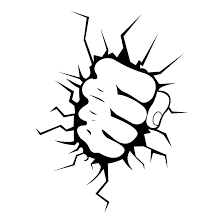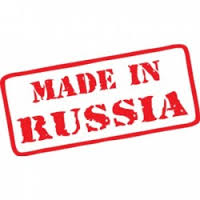(TNS) Amongst political institutions, political parties occupy a pivotal position because of the crucial role that they play in formulating national policies, chalking out development plans and strategies. In fact, the political structure of contemporary democracies hinges on political parties, which are considered paramount for the organisation of modern democratic institutions as well as for the expression and manifestation of political consciousness.
If the political parties are vibrant entities run on democratic lines, they can tailor programmes and policies in keeping with the needs of the time, groom party cadres for various leadership roles and also provide them guidance about the ways and means to face and react to various emerging situations. For achieving these objectives and leading the country towards progress and prosperity, political parties establish party secretariats, party foundations and training institutions staffed with experts and specialists on various facets of life. […]
Political thinkers and writers, including Robert McFarlane (advisor to US President Reagan), have termed this type of democracy “a feudal cabal.” In such a feudal cabal or competitive authoritarian regime, elections may be bitterly contested and may not be massively rigged but the incumbents or powerful groups can influence the outcome through abuse of state power and its institutions, say professors Steven Levitsky and Lucan Way. Resultantly, relatively weak legislative bodies are formed, which often do not become the epicentre of opposition activity.
Read More © TNS










